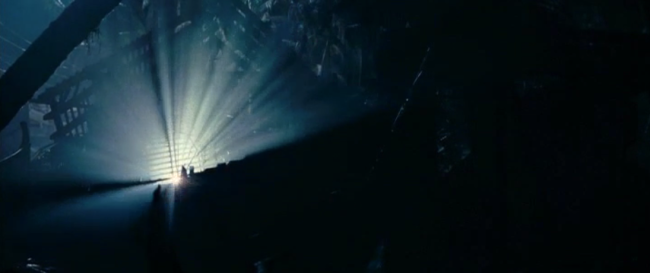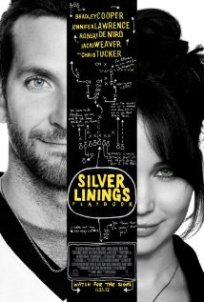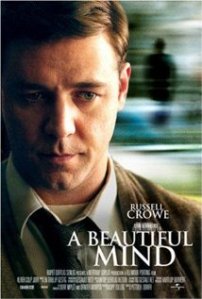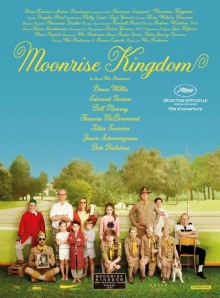Sripted by Sergio G Sánchez 
Directed by JA Bayona
Cinematography by Oscar Faura
The Impossible, starring Ewan McGregor and Naomi Watts is quite possibly one of the best films I have seen and I don’t say that flippantly. Whilst there have been other films I have enjoyed more from a pure entertainment perspective, The Impossible stretches far beyond the typical Hollywood entertainment and tells a story so masterfully it stays with you long after the credits have rolled by. JA Bayona has directed the film a delicacy that serves to bring all the film’s elements together to serve the story and deliver it with a force that is unrivaled.
The Impossible tells the true story of a family on their Christmas holiday in Thailand who are literally swept up and away in the Tsunami that claimed the lives of over 200,000 people. Separated in the chaos, the film narrates their struggle for survival and the search to find each other amidst the debris, chaos and uncertainty that has descended upon the once idyllic landscape. Watts’ character, Maria is swept away with her oldest son Lucas (Tom Holland) whilst Henry (McGregor) is swept away in a seemingly different direction with his two youngest sons. Thus ensues the fight for survival amidst serious injury as well as the greater fight to reunite with lost loved ones. It is this story of survival and determination which is told in such an impressive way.

When you begin watching a film like The Impossible, you already have a pretty strong inclination as to how it’s going to end – the family are going to be reunited after all the title does a decent job of hinting that much. But I think this is what makes the film so amazing; that despite one already knowing the conclusion to a degree the film takes you on an emotional roller coaster unlike any other from the moment that first palm trees are toppled by the wave, to the final scene of the family running into each others arms and being reunited. Whilst watching, I wasn’t so much focused on whether they will find one another but rather completely absorbed into the present moments of struggle, despair and courage.
Praise must be given to the performances given by Watts and young Holland in his cinematic debut. As the two main characters the success of the story rests on their ability to convincingly bring out their character’s emotions and struggles. The tsunami wave not only uprooted an entire landscape but it also uprooted the roles of the family members, completely turning them on their head. Maria is transformed from a qualified doctor and mother of three young boys to being a severely injured and dependent on her oldest son. Lucas who starts off as a disinterested twelve year old struggling to relate to his mother is forced to grow up far quicker than he otherwise would have to and take the responsibility of a man in not only caring for his mother but leading her through the trauma to a place of safety and stability. His performance is remarkable as he encourages and provides for his mother. He even takes on a fatherly role briefly as the pair of them ‘adopt’ an abandoned child and helps him to safety. Whilst his mother is being cared for in the local hospital Lucas does not wallow in his own pity but takes the active role of helping family members reunite with their loved ones. Whilst in the parallel sequences, his own father carries out a search for him and his mother, he has developed into a surrogate father to those needing reunification.

Unless Steven Spielberg or Peter Jackson are sitting in the directors seat, there’s always the chance that the special effects will be a little cheesy, especially when it has to be a tsunami wave of this magnitude. However Bayona manages to create a wave that is harrowingly realistic. The sequence of the initial wave plays out for a few minutes, allowing the gravity of the situation to take stock as Maria and Lucas are tossed about like rag dolls. Debris hurtles through the water, and I couldn’t help but flinch and grimace as Maria is flung into a branch and severely stabbed. The special effects serve the story rather than distract from it, which is something to commend Bayona and his team for. Too often an audience is left jarred by unconvincing special effects that detracts from the story and reminds everyone that this is just a film.

I loved the way in which the two unfolding tales of the family were told. Maria and Lucas’ story occupies the first twenty minutes or so. Once they have reached safety (a milestone in itself) we rejoin Henry (McGreggor) as he is reunited with his youngest boys and then sets out in search of his wife and eldest. We witness the heart wrenching dilemma Henry has to make; does he go with his children to safety, or does he stay behind in the debris strewn landscape and carry out a lonely search for his wife. His decision to stay was somewhat surprising to me, but reinforced the theme of courage and determination to reunite that which is separated.
There are some issues with the film which are worth raising but in my view do not detract from the overall experience. Firstly the introduction feels a little forced. Everyone knows the Tsunami is coming and in some ways I think it would be better to bring that in sooner rather than set the scene and the characters. There is very little introduction to the characters themselves in the first ten minutes with all the development really taking place after the wave has struck. Either the characters need to be portrayed in a certain manner which will then be rearranged completely, or the wave should have come earlier and the story can begin to unfold.
Secondly, the ending was a little coincidental. This is my biggest problem with the film. A general storytelling rule is not to resolve your story with coincidences as it feels like you’re cheating. Unfortunately this is what happens in The Impossible. The family all happen to be at the same place, at the same time and find each-other. I would have preferred more of an resolving finale that was a result of their efforts. But perhaps this is a one in a million story where coincidences collide to produce a positive result.
Finally, a worry that I had from the outset was unfortunately realized during the film. The story is very Euro-centric with very little attention paid to the local population and their suffering. The story goes against the grain of the event with the five surviving, whilst 200,000 lives were lost. Those families have a very different story. The Impossible fails to connect to those stories. For those who had lost a loved one in the tragedy, The Impossible won’t ring true.
Despite these little irks, The Impossible is a remarkable story told superbly well. The cinematography is incredible, the score haunting and the performances uncanny. All of these are brought together skillfully by Bayona to create a truly must-see film.
Performances: 8/10
Cinematography 9/10
Direction: 9/10
Rating: 86%









